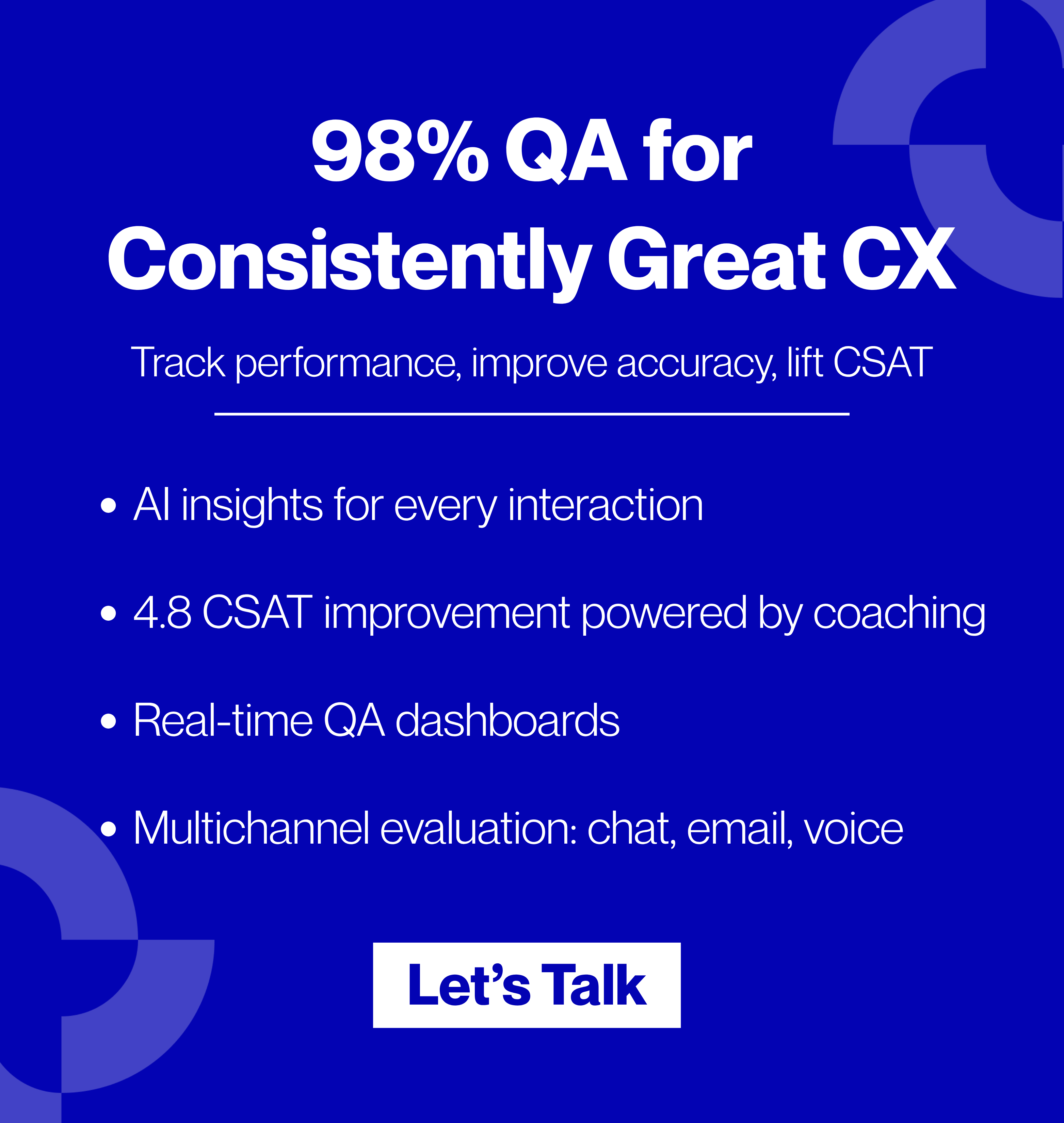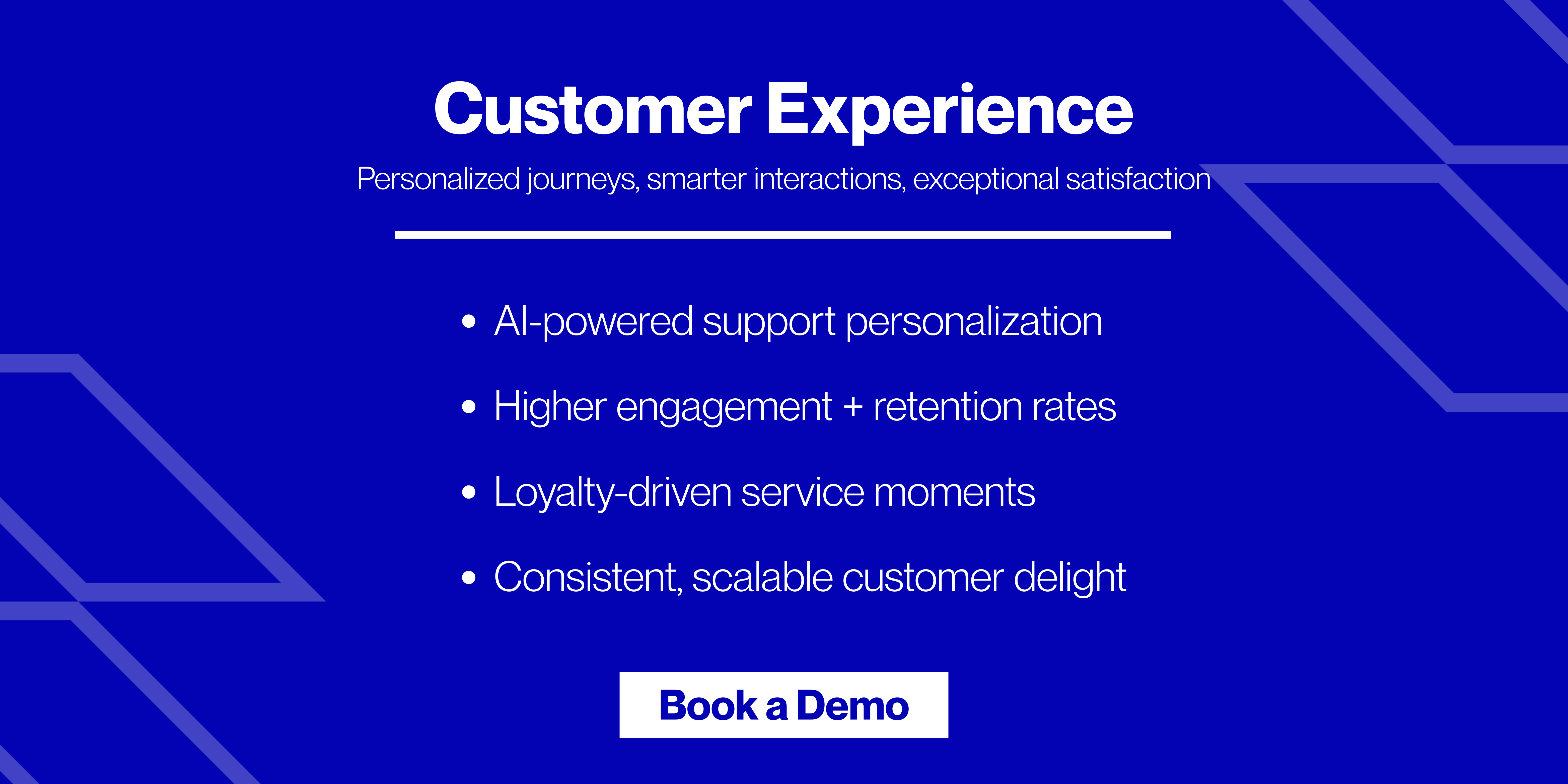KPO stands for Knowledge Process Outsourcing, a form of outsourcing where businesses delegate specialized, knowledge work to external experts. This means hiring another company to do tasks that need special skills or require deep knowledge. For business owners, this saves time and reduces costs. Also, it frees up their time so that they can focus more on growing their business.
You can’t do everything! Yes, as a business owner there comes a time when you need to outsource some of your critical activities. This is where KPO outsourcing plays a strategic role for consumer brands and D2C companies.
For example, say your startup needs help with market research and data analysis. Now, you can hire a trusted KPO company, like Atidiv (which has helped multiple US and UK-based consumer brands improve CX and operational efficiency), to handle it. These companies have experts in specific fields who can do the job better and faster than a regular outsourcing company.
In this article, let’s gain more clarity and learn what KPO means in business, how the process works, and the major KPO services are shaping industries today.
What Do You Mean by KPO? – KPO Meaning Explained!

KPO (Knowledge Process Outsourcing) means hiring experts from outside your company. These experts usually handle tasks that require deep knowledge and specialised skills. According to a Deloitte outsourcing survey, companies report up to 40% cost savings after delegating analytical and specialized tasks to KPO providers.
For example:
Say you run a business but don’t have in-house experts for legal work. Instead of hiring full-time employees, you can outsource these tasks to a KPO company. This saves your payroll costs.
To find the best KPO firms, you can look for third-party vendors that specialise in the area of operation you are planning to outsource. Here you get two options:
- Choose a “domestic” KPO company that operates in your country.
- Do “offshoring” by hiring professionals from another country (often done for lower costs).
5 Major KPO Services
Till now, you must have understood the KPO definition. Now, please note that KPO covers a wide range of services that can help your business grow. Let’s check out five major types of KPO services, with examples most relevant to D2C companies and CX leaders in the US, UK & Australia.
1. Data Analytics and Interpretation
A data analytics KPO collects information about your:
- Supply chain
- Sales
- Customer behaviour
It analyses this information and offers you solutions. For example, say you are facing troubles with shipping delays or inventory shortages. Now, a KPO company can study your logistics and tell you where the bottlenecks are. They will particularly look at procurement, transportation, and inventory management to find ways that make your supply chain faster.
Case: Atidiv helped a $20M+ D2C brand in the UK reduce logistics costs by 25% through predictive data modeling.
2. Market Research
If you want to grow your business, you need to understand your customers. A market research KPO helps you gather important details about your target audience, competitors, and industry trends.
For example:
Say you are launching a new product. Now, you need to know:
- Who will buy it? (Age, gender, location, income)
- What do they need? (Pain points and preferences)
- Who are your competitors? (How can you stand out?)
To give you these insights, a KPO company uses surveys and statistical tools. Most D2C companies operating in the US, UK & Australia regions use KPOfor market research to improve retention and boost new product launches.
3. Financial Consulting
Do you find managing business finances tough? A financial KPO can help you handle:
- Accounting
- Budgeting
- Investments
For example, say you’re unsure about how to manage cash flow. Now, a financial KPO can analyse your income and expenses and suggest ways to improve your financial health. This ensures better decision-making and protects brands from scaling obstacles like poor working capital planning.
4. Advanced Data Entry and Management
As a business owner, you must be dealing with huge amounts of data! A data management KPO helps you store, organise, and retrieve important information.
For example:
Say you run a healthcare business. You need to keep track of patient records, invoices, and medical history. Now, a KPO company can set up a secure database. It can ensure easy access to this information while maintaining privacy and accuracy.
Such management reduces errors and boosts business productivity. Several US and UK-based D2C brands with small backend teams rely on KPOs like Atidiv for data management.
5. Legal Process Outsourcing (LPO)
Instead of hiring an expensive law firm, you can outsource legal tasks to an LPO at a lower cost. Outsourcing legal work ensures compliance and protects you from legal risks.
For example:
Say your business needs to draft contracts or handle legal disputes. Now, an LPO company can provide experienced lawyers who specialise in these areas.
LPOs usually help with:
- E-discovery: Collecting digital evidence for legal cases
- Litigation support: Assisting businesses with legal disputes
- Regulatory compliance: Ensuring your business follows all laws and industry rules
Legal KPOs are recommended for D2C companies that sell across borders (like the US, UK & Australia) where regulatory compliance is complex.
How Does the KPO Process Work?

If you decide to hire a KPO firm, here’s what the process looks like:
- Understanding Your Needs (Client Requirement Analysis) – The KPO team clarifies your goals.
- Collecting Information (Data Collection) – Data is gathered through surveys, records, or analytics.
- Analysing the Data (Data Analysis) – Experts look for patterns, risks, and growth opportunities.
- Finding Solutions (Knowledge Generation) – Tailored recommendations are created.
- Creating Reports (Report Preparation) – Insights are summarised with graphs and data.
- Ensuring Quality (Quality Control) – Accuracy checks are done.
- Delivering the Results (Client Delivery) – Results are presented with clear next steps.
- Feedback and Improvements (Feedback Loop) – Adjustments are made as needed.
This structured process is a reason KPO adoption among mid-market D2C brands ($5M–$50M revenue) has accelerated in recent years.
Hire a KPO and Let Experts Perform Critical Tasks
As of 2023, the global KPO market was estimated at $121.2 billion (Rs. 10 lakh crores). The market is expected to grow to $347.3 billion (Rs. 28.80 lakh crores) by 2030. This growth is being driven by D2C and consumer brands that rely on expert outsourcing for CX, analytic and compliance.
Instead of hiring full-time specialists, you can outsource critical tasks to professionals who have deep expertise. This saves time, reduces costs, and improves efficiency.
If you’re looking for a trusted KPO provider, Atidiv has proven experience supporting VP and Director-level leaders across CX, finance and operations in the US, UK and Australia. With skilled professionals and industry expertise, we offer the best KPO services. Schedule a consultation with our team today and learn how we can strengthen your business.
FAQs On KPO
1. How is KPO different from regular outsourcing?
KPO outsourcing focuses on tasks that need expert knowledge, like market research or financial analysis. In contrast, regular outsourcing handles simple tasks like customer experience support or data entry.
2. Is KPO only for big companies?
No! Startups and small businesses can also benefit from KPO. They can benefit from expert services without hiring full-time employees.
3. Will KPO outsourcing save me money in 2025?
Yes! Instead of hiring in-house specialists, you pay only for the services you need. This reduces your committed costs and lets you hire more qualified experts.
4. How do I choose the right KPO provider?
Look for a provider with proven industry experience, case studies, and strong data security practices. For D2C brands, it’s critical to choose a partner who understands consumer behavior and scaling challenges.
5. Will my business data remain safe with a KPO?
Most reputable KPO firms follow strict data security measures to protect your information. For example: Atidiv is compliant with GDPR and international data privacy standards.


